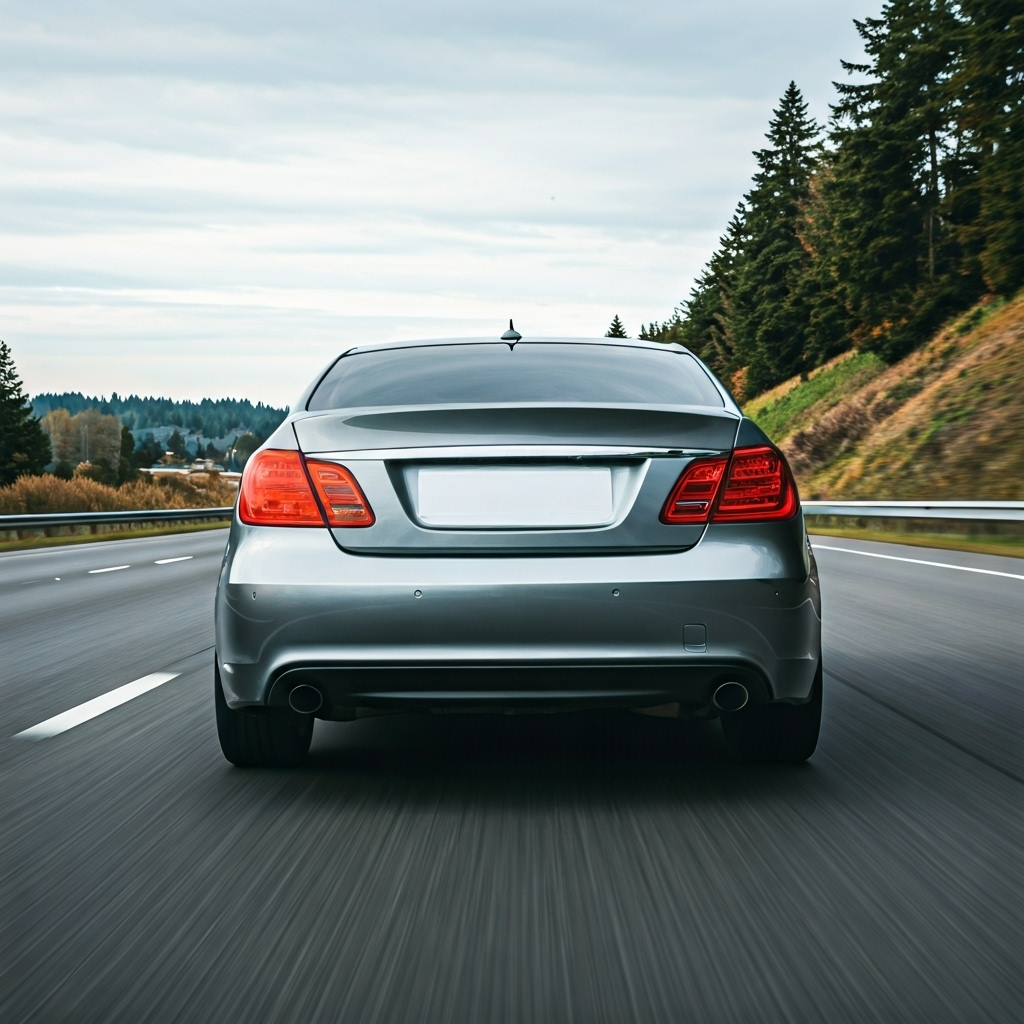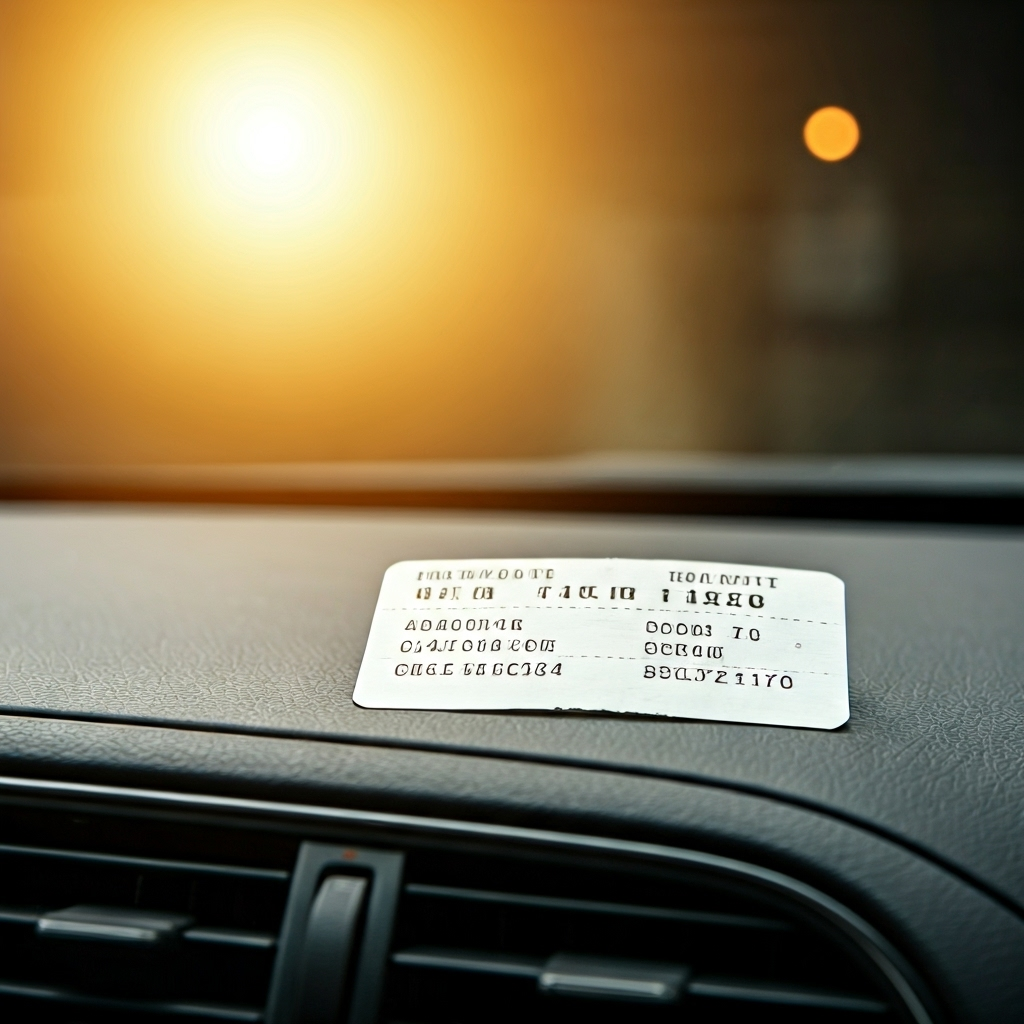What Is a Failure to Maintain Lane Ticket? Key Insights for Washington State

Key Highlights
- Understand how Washington State defines failure to maintain lane violations under its traffic laws.
- Learn about common situations that might lead to this type of moving violation, such as improper turns or driving on the wrong side of the road.
- Explore the penalties, including fines, points on your driving record, and potential increases in insurance rates due to the infraction.
- Discover legal strategies that can help defend against these tickets and minimise their impact.
- Know when consulting a traffic attorney is advisable for better chances of mitigation or dismissal.
Introduction
Traffic tickets for not staying in your lane are seen as moving violations in Washington State. If you drive and end up going over lane lines, make an improper turn, or move onto the wrong side of the road, you can face some real problems. Getting a ticket for these lane issues can mean fines, extra points added to your driving record, and higher insurance rates. To deal with a ticket in the right way, it helps to know the law in Washington and look at your choices. This can really help lower the impact on you and your driving in the long run.
Understanding Failure to Maintain Lane Tickets in Washington State
 A failure to maintain lane ticket in Washington State happens when a driver does not keep their vehicle in the right lane. This can happen if you cross lines, do not stay inside the marked lanes, or break lane marker rules. These are listed in the Code of Washington. It is important to know that this is a moving violation. Moving violations often have worse consequences than non-moving tickets.
A failure to maintain lane ticket in Washington State happens when a driver does not keep their vehicle in the right lane. This can happen if you cross lines, do not stay inside the marked lanes, or break lane marker rules. These are listed in the Code of Washington. It is important to know that this is a moving violation. Moving violations often have worse consequences than non-moving tickets.
Police give these traffic tickets during stops or while looking into traffic events. Law enforcement in Washington is strict about these rules. The goal is to keep the roadway safe for everyone. So, it is key to know your rights and what you should do if you get one of these tickets. This can help you deal with their effects.
Definition and Legal Basis under Washington Law
In Washington, you must keep your motor vehicle in a single lane, as stated in the Revised Code of Washington (RCW 46.61.140). You can only leave your lane if you do it safely and use the right signal. The Washington Administrative Code (WAC) says that not keeping your car in one lane is a moving violation.
These rules help make the way we drive more safe, steady, and easy to follow. People get tickets for not following this if the police see someone use a lane the wrong way. This could happen if a driver uses poor judgement, is distracted, or has problems with car equipment. It does not really matter what the reason is; if you don’t follow this part of the code of washington, you may get a ticket.
Not keeping your car in its lane is not always called reckless driving in washington. But, if someone does this again and again, or other things happen, the ticket can become a bigger problem. Knowing about the WAC and RCW will help people see what these rules mean and how they work.
Common Scenarios Leading to a Ticket
There are many times when drivers get a ticket because they do not stay in their lane. Some common reasons are:
- Making an improper turn, like turning too wide and going into another lane.
- Driving on the wrong side of the road, either because of not paying attention or doing it on purpose.
- Not following lane rules in school zones or when close to a school bus with flashing warning lights.
- Sitting in between lanes during busy traffic, which makes it unsafe and blocks others.
Many people run into these problems without meaning to, but tickets are still given, no matter if you meant to do it or not. In places like school zones, the rules are even stricter because children are near, and their safety comes first. By watching out for these mistakes, you can keep out of trouble and avoid getting a ticket.
Penalties and Consequences of a Lane Violation
 Getting a lane violation ticket in Washington can bring a few problems. You will need to pay a fine. There will also be points added to your driving record. Your motor vehicle insurance rates may go up. This can hurt your driving record for years. It also affects what you pay for insurance and your driving rights.
Getting a lane violation ticket in Washington can bring a few problems. You will need to pay a fine. There will also be points added to your driving record. Your motor vehicle insurance rates may go up. This can hurt your driving record for years. It also affects what you pay for insurance and your driving rights.
Often, moving violations are seen as more serious than things like missing paperwork or equipment problems, including parking tickets. If you get more tickets or a worse lane violation, things can get rougher. Your record could get worse, your costs may go up, and your trust with others on the road can be hurt.
Fines, Points, and Insurance Impact
Failure to stay in your lane in Washington can bring different penalties, depending on how bad the infraction is. The fine usually starts at $136. It can go up, especially if the infraction happens in a school zone or if you have an expired registration. If you get this kind of infraction, there is also a chance that points will be added to your driving record. This will likely make your insurance rates go up.
| Type of Violation | Fine Amount | Insurance Impact |
|---|---|---|
| School Zone Violations | $250-$450 | Significant Rate Increase |
| Crossing Lane Markers | $136-$200 | Moderate Rate Increase |
| Wrong Side of the Road | $180-$300 | Likely Premium Increase |
Each insurance company looks at a lane infraction in its own way. Most of them see these as a sign that a person is not a safe driver. Because of this, your policy cost could go up a lot.
Effects on Your Driving Record
Lane violations stay on your Washington driving record for a long time. They are not the same as paperwork mistakes or equipment violations. Lane problems are seen as moving violations, and they can have long-lasting effects. Most of the time, these infractions will be on your record for three years. This can affect you for insurance purposes during that time.
If you get more offenses or make more mistakes, like with your registration, the problems can get worse. Getting in trouble many times can get your license suspended. How often it happens and what leads up to it also matter.
You should try to deal with and fight these infractions as early as you can. Doing this can help keep your driving record in good shape and stop bigger problems, like becoming a Habitual Traffic Offender (HTO).
Defending Against a Failure to Maintain Lane Ticket
Fighting a lane violation ticket in Washington can keep you from getting fines or other problems. Some people use legal arguments that fit their case. Others talk to an attorney for a free look at their situation.
An attorney can ask to see the evidence. The attorney can also make arguments to lessen the charges. Maybe the ticket was the result of a misunderstanding, an issue with the car, or a situation you could not avoid. The right defense can change how things go. When you talk with an attorney, you may find mistakes or issues that could make the case go away.
Possible Legal Defenses in Washington
When you get a ticket for not staying in your lane, you can use different legal defenses in court:
- The roadway may have had bad or unclear markings. This can confuse drivers during the infraction.
- If you were using a personal electronic device, you can say that you were not distracted much at that time.
- Lane changing mistakes can happen when a motorcycle is involved. This kind of thing comes up a lot.
- Problems can happen with high occupancy vehicle (HOV) lanes, like signs on the road that are not clear.
Some people say that the police monitoring devices were not set up right. Others say things on the roadway or the traffic made them leave their lane. These cases often turn out well if you have good proof or a lawyer who knows what to do.
When to Consider Hiring a Traffic Attorney
Hiring an attorney can be a good idea for moving violations like not staying in your lane in Washington, such as a speeding ticket. An attorney knows the traffic laws well. They can help you with getting and using evidence. They also know how to talk to prosecutors to try to lower your charges or get them dropped if possible.
If you have more than one ticket or have gotten tickets before, having a lawyer is even more important. An attorney may help you get a simple fine instead of bigger penalties, like losing your license.
Many attorneys will give you a free meeting at first. This helps you know what to do next before you choose them to help you. Using this chance can help save you time, stress, and money in the long run.
Conclusion
To sum up, it is important for every driver in Washington State to know what a failure to maintain lane ticket means. These tickets bring big penalties in conjunction with potential consequences. You may have to pay a fine. You may also get points on your driving record. This can raise your insurance rates over time. When you know what can cause these violations, you can try to avoid them. Learning about possible defenses also helps you get ready if it happens to you. If you do get a failure to maintain lane ticket in Washington, you should think about talking to a traffic attorney. They can look at your case and help you understand the best way to handle it. Make sure you know your rights and stay aware of the options you have for protecting your driving record and keeping your insurance rates from going up.
Frequently Asked Questions
Can a failure to maintain lane ticket be dismissed in Washington?
Yes, it is possible for a failure to maintain lane ticket in Washington to be dismissed. You need to show proof that you did not break the law, or that there was a good reason for what happened. It can help to talk to an attorney who knows traffic laws in Washington. This may improve your chance of getting the ticket dismissed.
How long does this violation stay on my driving record?
A lane violation in Washington State usually stays on your driving record for about three years. However, this time may be longer if you get more traffic tickets or break other rules while it is on your record. What you do during this period can change how long the lane violation stays on your driving record in Washington.
Does a failure to maintain lane ticket affect my insurance rates?
Yes, getting a ticket for not staying in your lane can make your insurance rates go up. Many insurance companies see this as a sign that you may not be a safe driver. They might raise your costs when it is time to renew your policy. It is a good idea to talk with your insurer to know how it will affect your own plan.
Is a failure to maintain lane considered reckless driving?
Not staying in your lane can count as reckless driving in Washington State if someone is clearly ignoring safety. People will look at things like speed and what’s happening around the driver. These details help show if what happened is reckless driving or just a simple traffic infraction in washington. The difference between a washington traffic infraction and being reckless depends on these things.
What should I do immediately after receiving a ticket?
After you get a ticket for not staying in your lane, try to stay calm. Look at the ticket closely and check the details, like when and where it happened. You might want to gather proof, like photos or someone who saw it happen. It can also help to talk to an attorney. They can guide you on what steps to take next as you think about moving forward.
Call Now or USE contact form a for same-day response:






Thanks to their expertise, the fines were successfully dismissed, and I felt fully supported throughout the process. I highly recommend this attorney to anyone looking for reliable, knowledgeable, and truly dedicated legal help.




